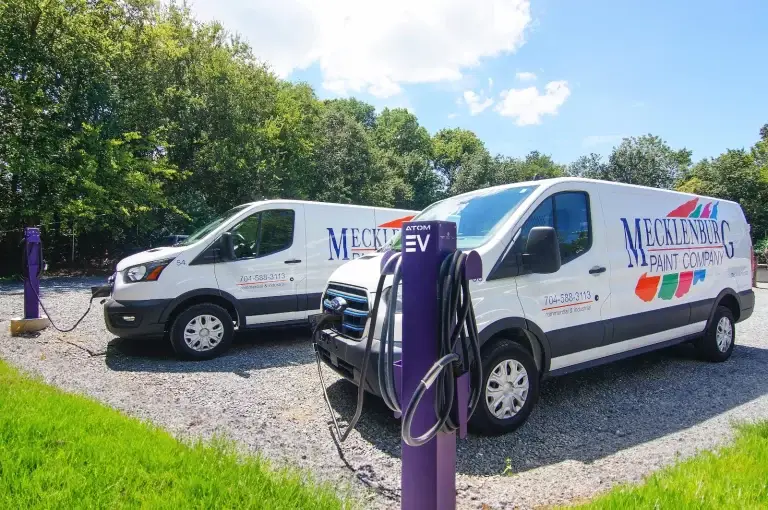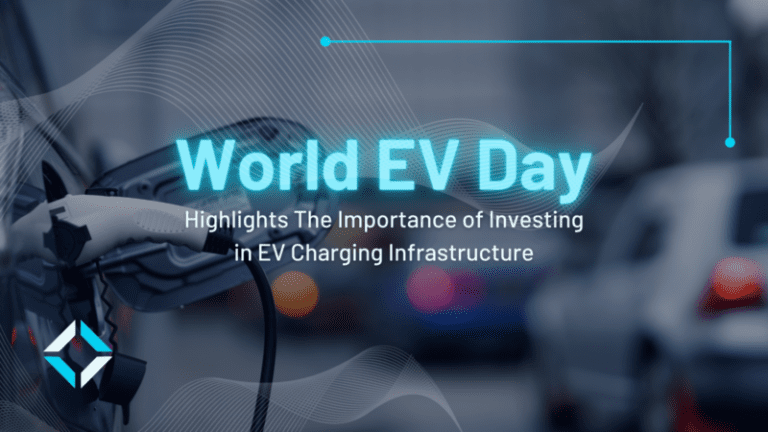ESG is a term you may have been hearing more lately, especially in the world of investing and big-name brands. But what exactly is it, and is it something your business should be paying attention to?
ESG stands for Environmental, Social, and Governance. It’s a way of evaluating a company based on its performance in those three areas.
Many investors are now looking at ESG ratings when deciding where to put their money. So, if you’re unfamiliar with ESG, now is the time to learn. What’s more, there are many benefits to incorporating ESG into your business strategy that go well beyond the bottom line.
Still, there’s no doubt it’s a big topic to tackle. For companies beginning the journey towards more sustainable and socially conscious operations, knowing where to start can be challenging.
In this article, we’ll break down what ESG is and why it matters. We will dive into some practical ways you can begin to incorporate it into your business operations. In fact, you may already have a head start without realizing it.
Read on to learn more about this important topic with significant implications for our society and our entire planet.
What is ESG in a nutshell?
Let’s define ESG and examine factors in measuring a company’s ESG success.
ESG is an acronym that stands for Environmental, Social, and Governance. It refers to the three main pillars that make up a company’s sustainability initiatives and social responsibility.
Each of these pillars has its own set of metrics by which a company can be evaluated. For example:
- Environmental indicators include greenhouse gas emissions, energy consumption, product carbon footprint, renewable energy usage, packaging, and waste.
- Social indicators include data privacy, human rights, diversity equity and inclusion, investment in communities, and access to career development, among others.
- Governance indicators include shareholder rights, fair wage gaps, executive compensation, policy transparency, board makeup and independence, political lobbying efforts, and more.
ESG score guides investors and consumers in decision-making as they measure and document multiple factors.
How Will ESG Affect Businesses in 2022 and Beyond?
As awareness of ESG criteria grows, more and more businesses are beginning to take notice. Many companies are starting to see the benefits of ESG-friendly practices and are incorporating them into their operations.
There’s no doubt that ESG will continue to affect business in the years to come, but how exactly? ESG shapes the business world in 2022 and beyond. Here are some examples.
More companies are adopting ESG policies and reporting standards.
More investors focusing on ESG will drive companies to adopt relevant policies and reporting standards. This increased transparency will not only benefit investors but also help the general public get a better idea of which companies are working towards sustainability.
From agriculture to manufacturing and everything in between, every business will need to find ways to reduce their environmental footprint and improve their social and governance practices if they want to stay competitive in the years to come.
ESG is becoming more mainstream.
What was once considered a “niche” topic is quickly becoming mainstream. This is due in large part to the growing awareness of the importance of ESG factors but also the rise of responsible investing. ESG investing screens out companies that don’t meet certain standards and instead puts money into those that do, so it’s no wonder that this type of investing is on the rise.
As ESG becomes more important to investors and the general public, we’ll see it playing a bigger role in business strategy. Companies will be looking for ways to improve their ESG rating, and this could lead to some big changes in the way businesses operate. These days, businesses positioned for scale will need to consider ESG as early as the ideation and strategy phase of development.
The focus is shifting from pure profit to long-term sustainability.
Businesses have historically prioritized short-term profits over long-term consequences. In fact, that’s long been considered a business’ primary obligation to society.
But as ESG becomes more mainstream and as consumers adjust their spending habits, that focus is likely to shift.
More companies are beginning to realize that sustainable practices are not only good for the environment and society, but they’re also good for business. As consumers become more selective in where they spend their money, prioritizing companies with a track record of sustainability and social responsibility, ESG is no longer simply a factor to consider when building an investment portfolio. It’s something every business needs to be proactive in implementing, no matter the size.
Besides benefitting society at large, sustainability has become a critical factor in creating long-term success, and that’s something any business can get behind.
5 Simple Steps Businesses Can Take to Integrate ESG Into Their Operations
Although starting with ESG might appear like an overwhelming project, taking on this project is undoubtedly worthwhile, and the time to do so is now. Future-focused organizations will want to make strides towards a robust ESG program sooner rather than later.
Here are just a few of the ways to get started:
- Take a look at what ESG elements are already in place in your organization. Your organization likely aligns with one or more ESG categories, so ESG is not starting from scratch. Maybe you’ve installed an energy-efficient lighting system , or maybe you’ve started a recycling program. Whatever it is, ESG provides a framework for thinking about how these initiatives fit into a larger goal of sustainability.
- Make it a core part of your business strategy, and be vocal about it. Once you’ve identified where your company stands in terms of ESG, it’s time to start thinking about how you can integrate it into your business strategy. This means setting goals and objectives related to ESG and making sure they’re aligned with your overall business goals. Communicate your ESG efforts to employees and stakeholders, and be open about the progress you’re making. ESG should be a key factor in all business decisions, from product development to supplier selection to marketing campaigns. By taking ESG into account at every stage of the decision-making process, from strategy to scaling, you can ensure that your company is always moving in a sustainable direction.
- Prioritize data integrity. When it comes to ESG, having the data to back up your claims is essential. As you prioritize your ESG efforts more and more, going granular with your data becomes more important. When it comes to ESG, Transparency is critical. If the integrity of your data is questionable, then your efforts may be for naught. Get into the habit of following best practices to maintain healthy, clean databases that paint a clear picture of your efforts.
- Consider whether your vendors and strategic partners are prioritizing ESG. Your company’s ESG efforts extend beyond the proverbial walls of your business. A commitment to ESG involves taking a look at the impact those you work with are making — for better or for worse. As you consider new vendors and strategic partners, it helps to factor in their own ESG efforts.
Finally, no company is an island, and no one has all the answers when it comes to sustainability. Partnering with ESG-focused companies inside/outside your industry facilitates learning and innovation for shared challenges.
3 Examples of Big Businesses That are Winning at ESG
ESG is often thought of as something that only big businesses can afford to implement, but that’s not necessarily true. ESG is about sustainability, and sustainability is something any business can strive for. That said, large businesses do have an advantage when it comes to ESG: they have more resources, more visibility, and more clout.
Here are three examples of big businesses that are doing ESG right:
1. Patagonia: outdoor apparel company Patagonia has been a leader in sustainable business practices for years. The company was one of the first to use recycled materials in its products, and it was also one of the first to switch to organic cotton. Patagonia is also a certified B Corporation, which means it meets rigorous standards of social and environmental performance.
2. Unilever: consumer goods giant Unilever has made sustainability a core part of its business strategy. The company has set a goal to double the size of its business while reducing its environmental impact. To that end, Unilever has made a number of commitments, including sourcing all of its agricultural raw materials sustainably by 2030 and halving the greenhouse gas emissions from its products by 2030.
3. General Motors: automaker General Motors has committed to an all-electric future, with a goal of having 20 percent of its global sales be electric vehicles by 2023. GM is also working to reduce the emissions of its manufacturing processes and facilities by 40 percent by 2025. The company has also set a goal to use 100 percent renewable energy at all of its facilities by 2050.
ESG is no longer just a buzzword — it’s a business imperative. By prioritizing ESG, businesses of all sizes can make a positive impact on the world around them.
Final Thoughts
ESG is quickly becoming the new normal for businesses around the world. By taking a holistic approach to sustainability, businesses can ensure that they’re making a positive impact on the environment, their employees, and the communities they serve. ESG is no longer just a nice to have — it’s a necessity.
If you’re not already incorporating ESG into your business strategy, now is the time to start. Here at Inovis Energy, Inc., we’re passionate about being a contributor to a sustainable tomorrow. We do this by providing comprehensive energy efficiency solutions across a wide variety of industries. Energy efficiency is a fantastic place to start if you’re beginning your ESG journey. It’s also one that will save you money as well as help build a better tomorrow.
Get started with a zero-cost energy audit and see how we can help you on the path to a more sustainable business.




